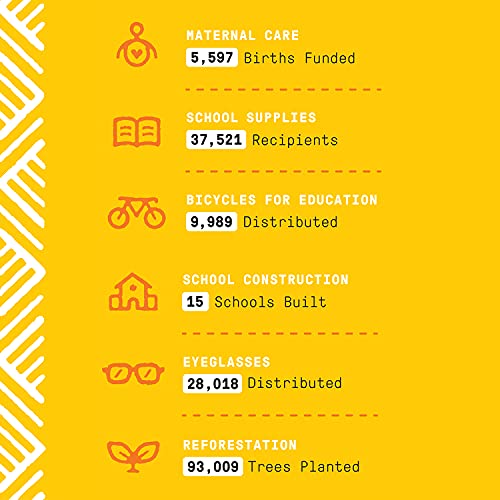Price
Amika Normcore Signature Shampoo
The rapid development of artificial intelligence (AI) has transformed various aspects of our lives. AI-powered technologies have become increasingly prevalent in diverse fields, from healthcare and finance to transportation and entertainment. One of the most significant advancements in AI is the emergence of language models, which have revolutionized the way we interact with digital systems.
Language models, such as GPT-3, are powerful machine learning algorithms that can generate human-like text, understand and respond to natural language, and even engage in creative tasks. These models are trained on vast amounts of textual data, allowing them to develop a deep understanding of language and the ability to generate coherent and contextually relevant output.
The potential applications of language models are vast and far-reaching. In the field of customer service, chatbots powered by language models can provide personalized and efficient support, handling a wide range of inquiries and tasks. In education, language models can be used to generate personalized learning materials, provide writing assistance, and even engage in Socratic-style dialogues with students.
In the realm of content creation, language models can assist writers, journalists, and marketers by generating ideas, drafting articles, and even producing creative content such as short stories and poetry. These models can also be leveraged in the translation industry, aiding in the accurate and seamless translation of text across languages.
However, the rise of language models also raises ethical and societal concerns. There are valid concerns about the potential for language models to perpetuate biases, generate misinformation, or be misused for malicious purposes, such as creating fake news or impersonating real individuals. Additionally, the increasing automation of tasks traditionally performed by humans raises questions about the impact on job market and workforce dynamics.
To address these concerns, researchers and industry leaders are actively working on developing ethical frameworks and governance structures to ensure the responsible development and deployment of language models. This includes efforts to improve the transparency and accountability of these systems, as well as to mitigate the risks of misuse and unintended consequences.
Despite these challenges, the continued advancement of language models holds immense promise for transforming various industries and enhancing our daily lives. As we navigate this technological landscape, it is crucial to strike a balance between embracing the benefits of these powerful tools and safeguarding the well-being of individuals and society as a whole.
product information:
| Attribute | Value |
|---|






















